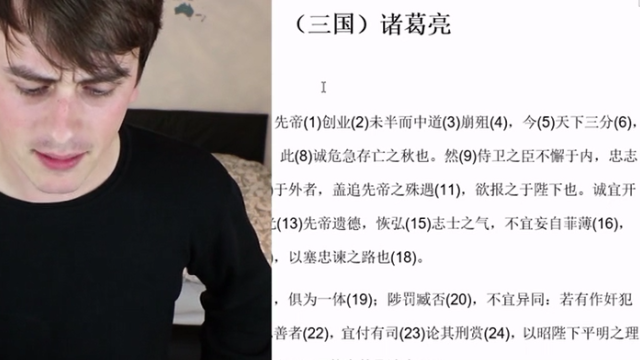趣谈英国:七大上流社会规避词
作者:沪江英语编译
来源:沪江网
2016-03-02 15:30
五宗罪:settee
You could ask your hosts what they call their furniture. If an upholstered seat for two or more people is called a settee or a couch, they are no higher them middle-middle. If it is a sofa, they are upper-middle or above.
你可以问问主人他们是怎么称他们的家具的。如果他们将那种能坐两个人或者更多人的椅子为“settee”或者“coach”,那么他们所属的不会高于中层阶级。如果他们称其为“sofa”,那么属于中上或者上层阶级。
六宗罪:Lounge
And what do they call the room in which the settee/sofa is to be found? Settees are found in "lounges" or "living rooms",sofas in "sitting rooms" or "drawing rooms". "Drawing room" used to be the only "correct" term, but many upper-middles and uppers feel it a bit silly and pretentious to call, say, a samall room in an ordinary terraced house the "drawing room", so "sitting room" has become acceptable.
那他们是怎么称呼放沙发的房间的呢,放settees的是"lounges" 或者 "living rooms",放sofa的是"sitting rooms" or "drawing rooms"。"Drawing room" 曾经是唯一正确的形容这些房间的词,后来中上层的人们觉得用"Drawing room" 来形容房子里一个普通的小房间显得有那么点傻有点假,所以"sitting room"便成为了他们普遍接受的说法。
七宗罪:Sweet
Like dinner, this word is not in itself a class indicator, but it becomes one when misapplied. The upper-middle and upper classes insist that the sweet course at the end of a meal is called the "pudding"-never the "sweet", or "afters", or "dessert", all of which are declasse, unacceptable words.
跟"dinner"这个词一样,"sweet"本身并不是一个阶级标志,但是当它用错地方时,却成了这样一个标志了。上层和中上层阶级的人坚持认为餐后的甜点应该成为"pudding"而不是"sweet","afters", "dessert",所有这些词都是下层阶级的人使用的,不被接受的词。
英国的阶级分明催生出了这些不被上层阶级接受、使用的单词,如果在交谈中出现这些词,很容易就被人定义好了你所属的阶级!
征稿!!
各位在英国的“时差党”们,生活在英国有没有注意到过不同人说话的用词呢,除了这些还有什么新鲜有趣的事想来跟大家分享下的吗,那么就踊跃的投稿吧~
征稿人群:在国外留学或者生活的你们!
投稿邮箱:yangyi@hjenglish.com
大家可以畅谈在国外的生活,看到的、听到的、经历过的、又或是发发小牢骚,来告诉大家你眼中的各国生活!稿件一经采用将会被发布在沪江英语网站,同时也会得到一定的沪元奖励哦!
- 相关热点:
- 英国留学的各种文化梗
- 六年级下册英语课本











